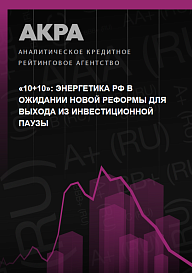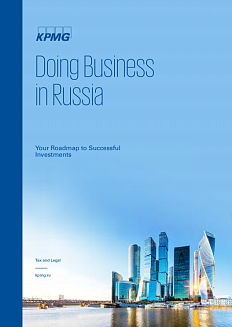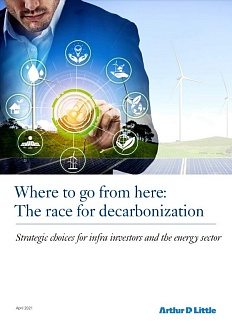In July 2018, ten years will expire since the «5+5» reforms of RAO UES (five years for preparations, five years for implementation). Inflation is a key pricing driver for infrastructure monopolies.
Low inflation that mitigates the negative effects of restricted tariffs on monopolies will support the credit quality in the sector. Low inflation may aggravate payment delays persisting in the electric power sector (currently, the rate of overdue payments is 5%). High inflation accelerated depreciation of bad debts, but the forthcoming low-inflation period may push down the sectors profits by 0.7 pps, unless payment discipline turns for the better.
The period from 2018 to 2020 will bring the industrys historic high financials. Cease of investments into new generation capacities and regulated by capacity supply agreements (CSA) and the growing payments under CSAs will increase the sectors margin up to 2426% and decrease the Debt/EBITDA ratio down to 1.6х. But, starting from 2020s, electricity companies may resume the increase in borrowings, fostered by the cease of CSA payments and the start of new investment projects.
Main results of RAO UES reforms higher investments and healthier financials. In 20082017, the electricity tariffs for corporate consumers and households outpaced the inflation by 1.6 and 1.3 times, respectively. The reform has proved that market relations may exist under the classical natural monopoly (from 2011 to 2017, market competition restrained the price growth at 7%), provided that the market excludes socially sensitive segments (households, ill-developed regions).
.png)






